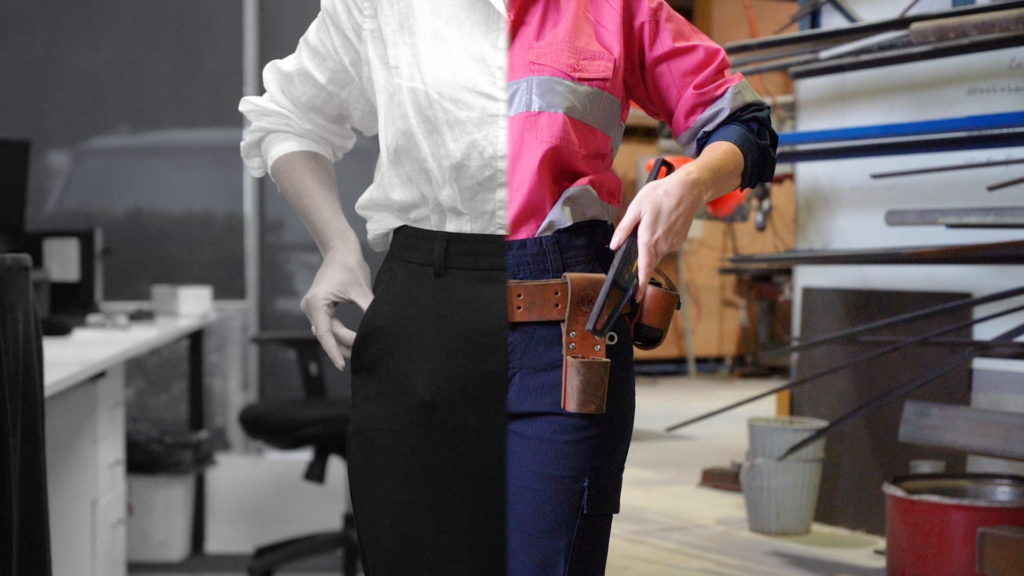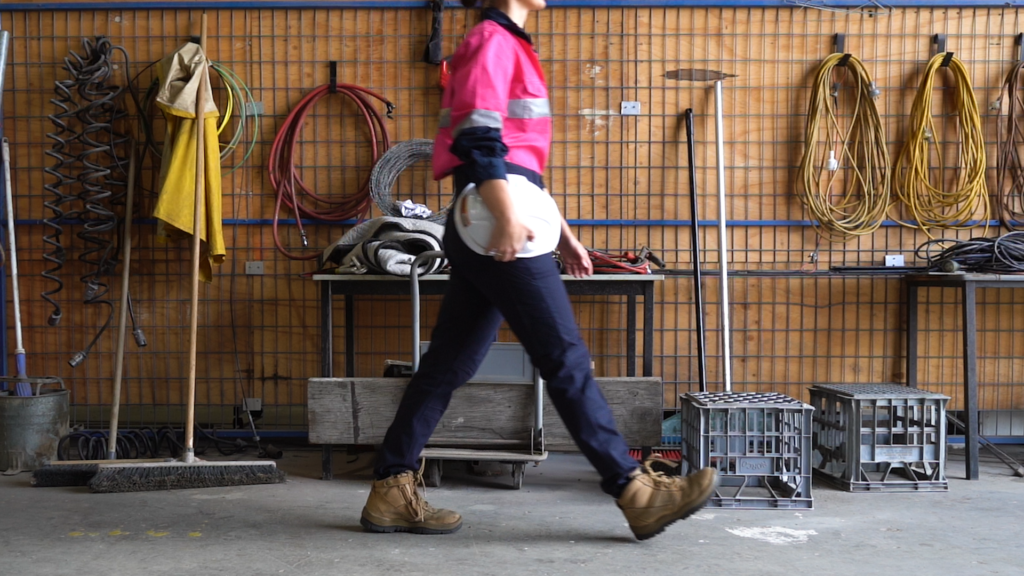Popular Posts
Crane operators are responsible for using stationary and mobile cranes to lift heavy objects. They can find employment in several industries, including construction, manufacturing and transportation. If you enjoy working with heavy machinery and want to increase your earning potential, you may be suited to a career as a crane operator.
Making a mistake while operating a crane can have serious consequences, so this role carries a high level of responsibility. Think you’ve got what it takes? From getting your crane operator ticket to choosing a crane driving course, this article covers everything you need to know about how to become a crane operator.
What Does a Crane Operator Do?
In addition to operating cranes for the purpose of lifting and repositioning objects, crane operators are also tasked with:
- Inspecting equipment and performing any necessary maintenance to keep machinery in safe working order
- Ensuring ground conditions are suitable for crane use and installing reinforcement beams to stabilise the base of the crane
- Positioning the crane in accordance with the job’s requirements
- Working effectively with other people to ensure correct load placement
- Ensuring maximum loads aren’t exceeded.
You’ll need strong practical skills and a solid understanding of mechanical principles to succeed as a crane operator.

Crane Operator Qualifications
Earning your crane operator licence by completing a crane driving course will qualify you for employment Australia-wide. You’ll also need to obtain a high risk work licence from a Registered Training Organisation. This licence is a must-have for anyone who’s been trained for work that’s defined as high-risk. It remains valid for 5 years and is only issued to people who’ve completed the necessary training.
Once you’ve earned your crane ticket, you’ll have the skills and knowledge to safely operate several different types of cranes. You could specialise in mobile cranes, which can be navigated around worksites or even driven on roads. Stationary cranes are also widely used throughout Australia, providing a fixed point from which extremely heavy items can be lifted. These cranes are typically assembled onsite.
No matter which type of crane you aspire to operate, obtaining your crane driving license will prepare you for handling various types of machinery. At Major Training we offer various slewing crane courses tailored to your needs, including:
- Slewing Crane Licence (C1 – Up to 100 Tonne)
- Slewing Crane Licence (C6 – Up to 60 Tonne)
- Slewing Crane Licence (C2 – Up to 20 Tonne)
How Much Does it Cost to Become a Crane Operator?
This depends on the licence you need but, Major Training crane operator licence courses are around $2,195.00. However, we also have a wide range of funding options available. For more information visit our funding page.

How Long Does It Take to Become a Crane Operator?
Major Training Group offers flexible, reliable and easy to access options across a range of Crane licenses’. The course length depends on the type of licence you need and the pace at which you choose to learn. However, most Major Training courses of 4-5 days.
Key Skills of Successful Crane Operators
Beyond securing your licence, employers look for a number of all skills when hiring crane operators, these include:
Communication
This covers both listening when being given commands and instructions given to them and to convey any issues they may have with the ground team such as if a load needs adjusting.
Mechanical Skills
Although you won’t be expected to complete any mechanical repairs yourself, it’s important for crane operators to understand cranes, how they function and common issues to watch out for when working.
Coordination
You may be dealing with difficult loads or navigating tough spaces, which is where your coordination skills are needed to ensure each job is completed professionally and without issue.
Teamwork
You may be alone in the crane, but this isn’t a one man job. Successful crane operators must have the trust of the doggers and riggers to work efficiently.
Physical fitness
Crane operators perform very physical tasks and often for long periods of time. Being physically fit and having good strength and endurance helps you work efficiently throughout your shifts without becoming fatigued.
How Much Do Crane Operators Earn in Australia?
According to Seek.com.au, the average salary for crane operators in Australia ranges between $60,000 and $108,000 (your earning potential will depend on a range of factors, including experience and the kind of cranes you operate).

Finding Employment
Once you’ve got your crane operator ticket and high risk work licence, you’ll be ready to go out and put your skills to use. Whether you’ve already got a job or you’re looking for new employment prospects, having this kind of licence will increase your earning potential.
If you’re ready to earn your crane licence, Major Training can equip you with the necessary skills and knowledge. Contact us to learn more about our crane driving course today.






